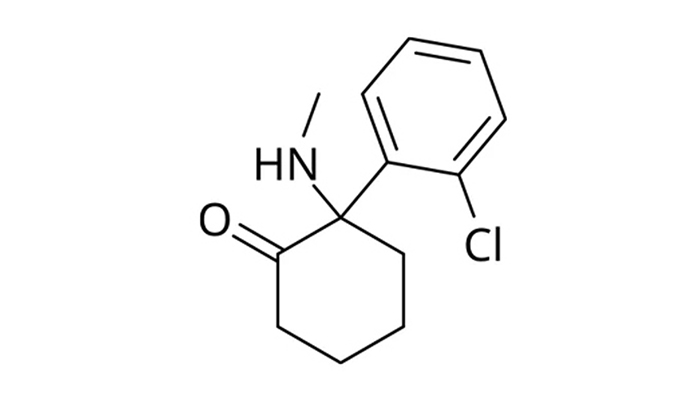Sunday, November 28, 2021
Alexander Papp, MDA
Carl was 47 years old when he first came to see me. He had his first depressive episode in his mid-twenties. It responded well to an antidepressant, which he continued to take even after he felt better. When he started to feel stressed out again in his forties, he first attributed it to his job becoming more demanding (he became the head of a large organization), but eventually it became clear that he was experiencing another true depressive episode. He struggled with low energy and low motivation, he could not enjoy pleasurable activities, he felt hopeless and worthless and started to have “dark thoughts about life.”
When he became depressed he was still taking the same antidepressant, Prozac (fluoxetine) he started taking in this twenties. During the course of the next several years, first the antidepressant was changed to Paxil (paroxetine) then several other antidepressants were tried, different medications were added to the antidepressant with the hope of boosting their effect, but only with partial success. When I first saw Carl, he was taking Wellbutrin (bupropion), Abilify (aripiprazole), and Adderall (amphetamine salts) and yet he had difficulty falling asleep, felt restless and agitated, had poor appetite, he felt anxious a lot, still had low energy, especially in the morning which sometimes caused him to be unable to perform as simple an activity as getting out of bed and taking a shower.
Because of the history of partial response after years of trying different medications, we agreed upon doing psychogenetic testing. Such a test obtains information about the activity levels of liver enzymes that break down medications (they may be abnormally low or abnormally high), among a few other things. It is done in office, and it requires only the collection of saliva using a simple cotton swab then sending it to the lab. Virtually all insurance companies cover it now.
The results of the test were highly revealing.
The activity level of the enzyme that breaks down Abilify was abnormally high. So was the activity level of the enzyme that breaks down Wellbutrin. The result of this was that neither of these two medications could achieve a blood level that was high enough to be effective. The activity level of the enzyme that breaks down Adderall was abnormally low. It explained the difficulty falling asleep, the restlessness and agitation and the poor appetite, all resulting from too high blood levels of this medication.
Carl’s regimen was overhauled after receiving the results. The antidepressant was changed to Pristiq (desvenlafaxine) which is not metabolized either by the hyperactive or the underactive enzymes. The dose of the Abilify was first increased to compensate for the low blood level, then slowly discontinued when Carl’s mood responded well to the new antidepressant. The dose of the Adderall was much reduced and was kept on because he felt it was helping with his attention while dealing with the complexities of running his firm.
Today Carl is only on the single antidepressant, Pristiq, along with a low dose of Adderall, and he is doing well. Years of more trial-and-error approach was averted by this relatively tool in psychiatric assessment, and the psychiatrist was able to devise an effective treatment, without side effects.







